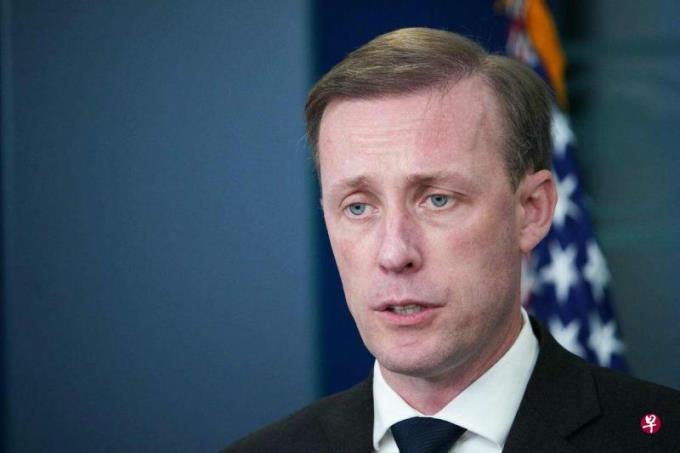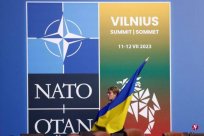
(Washington Composite Electric) U.S. National Security Consultant Sarawon said that the export of two semiconductor raw materials, the restrictions of 镓 and 锗, will only cause itself to suffer it.He believes that the move will be counterproductive and the determination to strengthen risks in other countries.
China has recently made national security and interests.Export control (Germanium) related objects.Sunday Sunday (July 16) was interviewed by the Columbia Broadcasting Corporation (CBS) program: "I think this will be clever, because this will only strengthen the determination of risks in many other countries in the world."
He predicts that these countries will "try to reduce dependence and increase the elasticity of the country's supply chain, including the type of minerals involved in this decision."
锗 导 导 is a key material for semiconductor, telecommunications communication and electric vehicle industry.It is used for high -speed computer chips, plastics, and military equipment, such as night vision equipment and satellite image sensors.无 For radar and radio communication equipment, satellite and emitting diode (LED).
Antaike's data from the Chinese metal industry research institution show that China's production accounts for more than 90%of the global output, and the output accounts for about 60%of the world's.
It is rumored that the United States considers further restrictions on exporting AI chips to China
This move in China is generally regarded as the latest countermeasures adopted for the Sino-US scientific and technological war, but China said that New measures are not targeted at any specific country .The United States has previously restricted the technology of China's export advanced chip manufacturing technology, and spent similar measures for allies.According to a report from the US media, the Bayeng government is considering further restricting the export of artificial intelligence (AI) chips to China.
Shalvin reiterated that the United States does not seek to decompose with China's economy, but it will continue to use the strategy of "small courtyard high walls" to protect technologies that may affect national security.
He said: "We are not going to cut off all trade with China. What we have to do is to make small -scale restrictions on technologies involving national security, and then set up high fences around.Of course, China must also make its own decision. "
Shatin: Pressing Beijing to promote climate change
Shatin said in an interview with the United States Cable Television News (CNN) on the same day that he should put pressure on China to promote Beijing to take major and substantial actions to reduce carbon emissions and cope with climate change.
Shatin said that China should not use it as an excuse for developing countries to avoid the responsibility of responding to climate change.He said: "According to the Paris Agreement, they have the responsibility to take major and substantial actions to reduce emissions within the prescribed time frame ... I think the world should stand up, encourage or even pressure China, let it adopt it to adopt itMore positive actions to reduce emissions. "




